Search Website

Bachelor of Science (BSc) Neuroscience
Our Neuroscience program introduces you to the scientific approaches and advanced research techniques used to explore and improve the diagnosis and treatment of neurological and neuropsychiatric disorders.
Bachelor of Science (BSc) Neuroscience
Our Neuroscience program introduces you to the scientific approaches and advanced research techniques used to explore and improve the diagnosis and treatment of neurological and neuropsychiatric disorders.
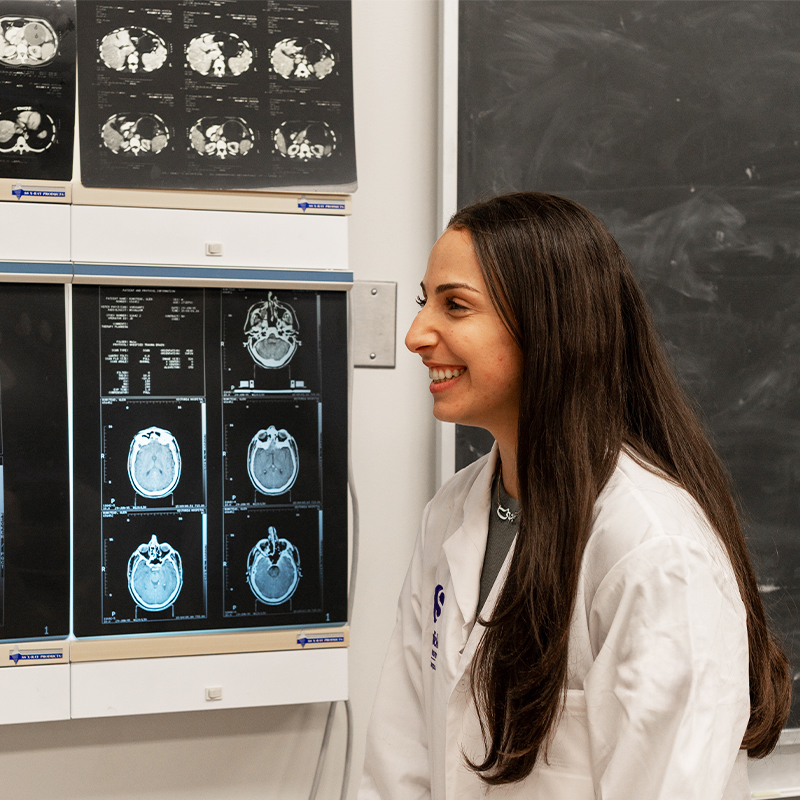
Bachelor of Science (BSc) Neuroscience
Our Neuroscience program introduces you to the scientific approaches and advanced research techniques used to explore and improve the diagnosis and treatment of neurological and neuropsychiatric disorders.
About the program
- Program name: Bachelor of Science (BSc) - Neuroscience
- Degree level: Undergraduate
- Duration: 4 years
- Application deadline: January 15
- Contact: neuroscience@uwo.ca
- Website: Neuroscience
Reasons to study
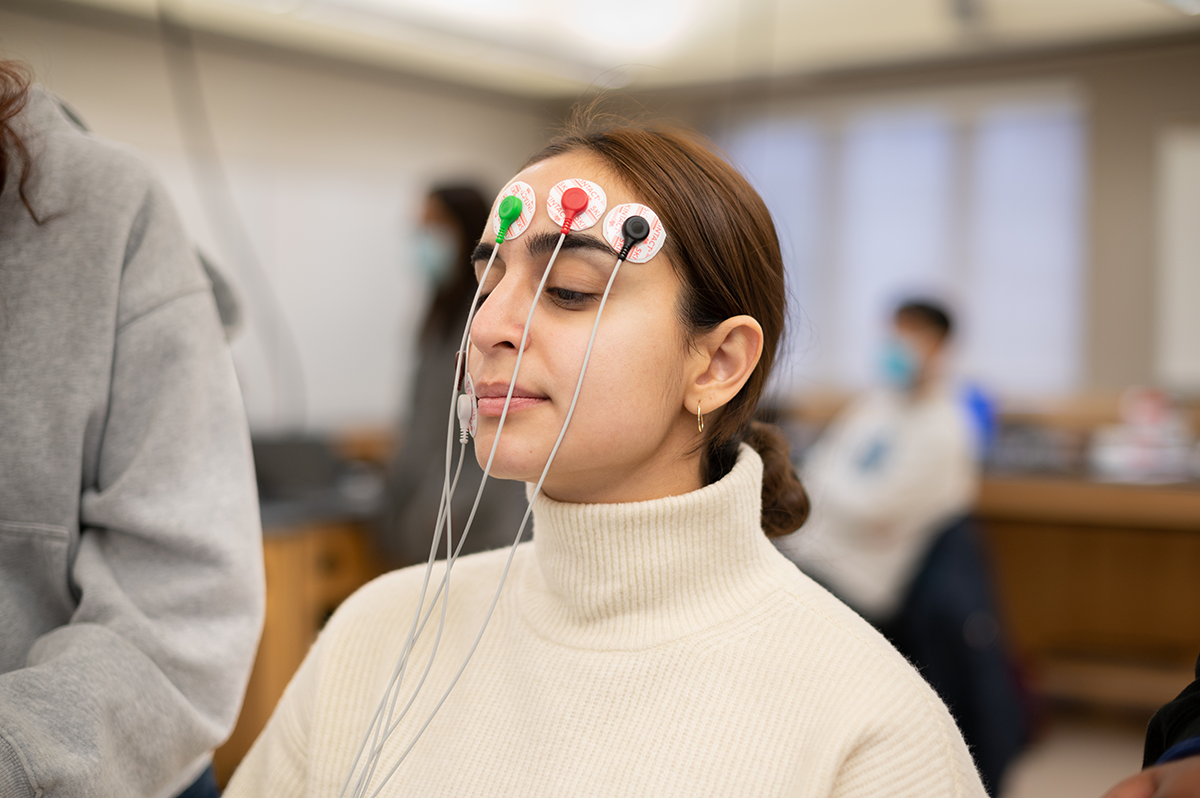
World-class research opportunities
In your fourth year, you'll work on a research project with a focused topic. This immersive experience with our world-renowned neuroscience faculty will prepare you for success in research and healthcare.
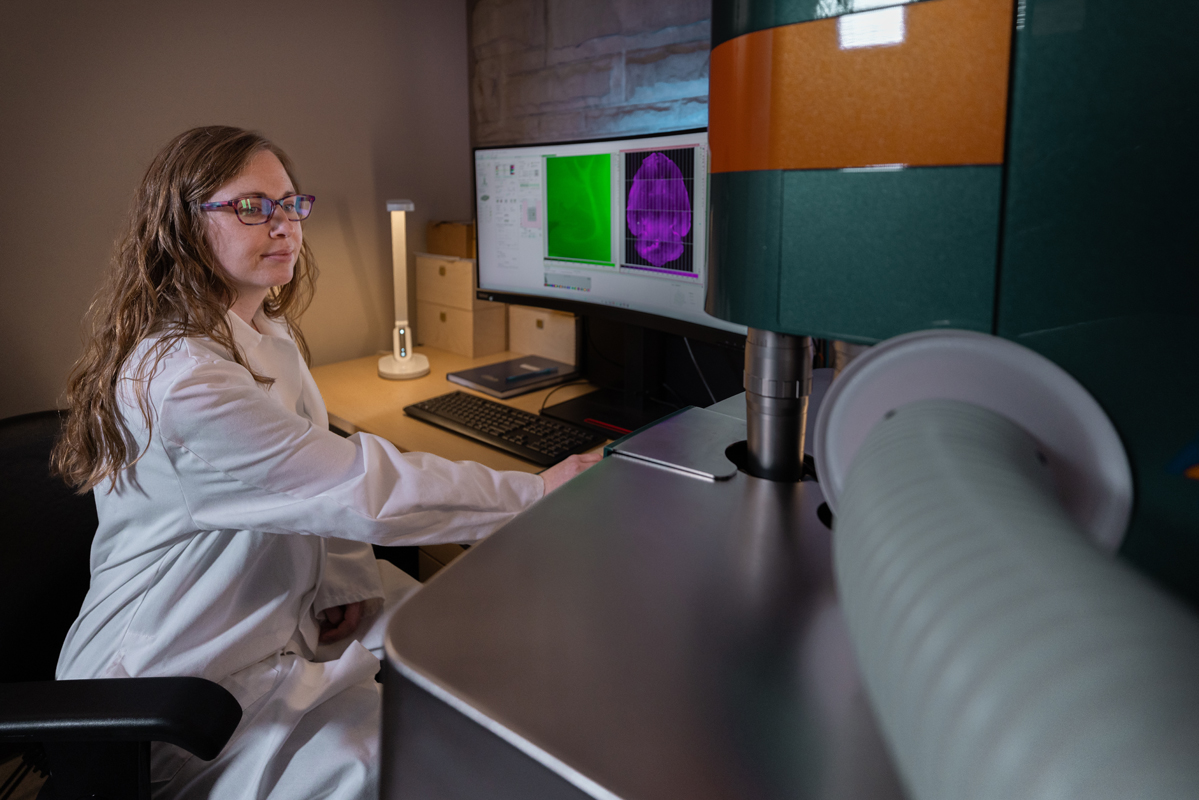
Breadth & flexibility
Study a range of fields from anatomy to computer sciences and psychology. Flexible course selection lets you focus on your specific interests within the neuroscience field.
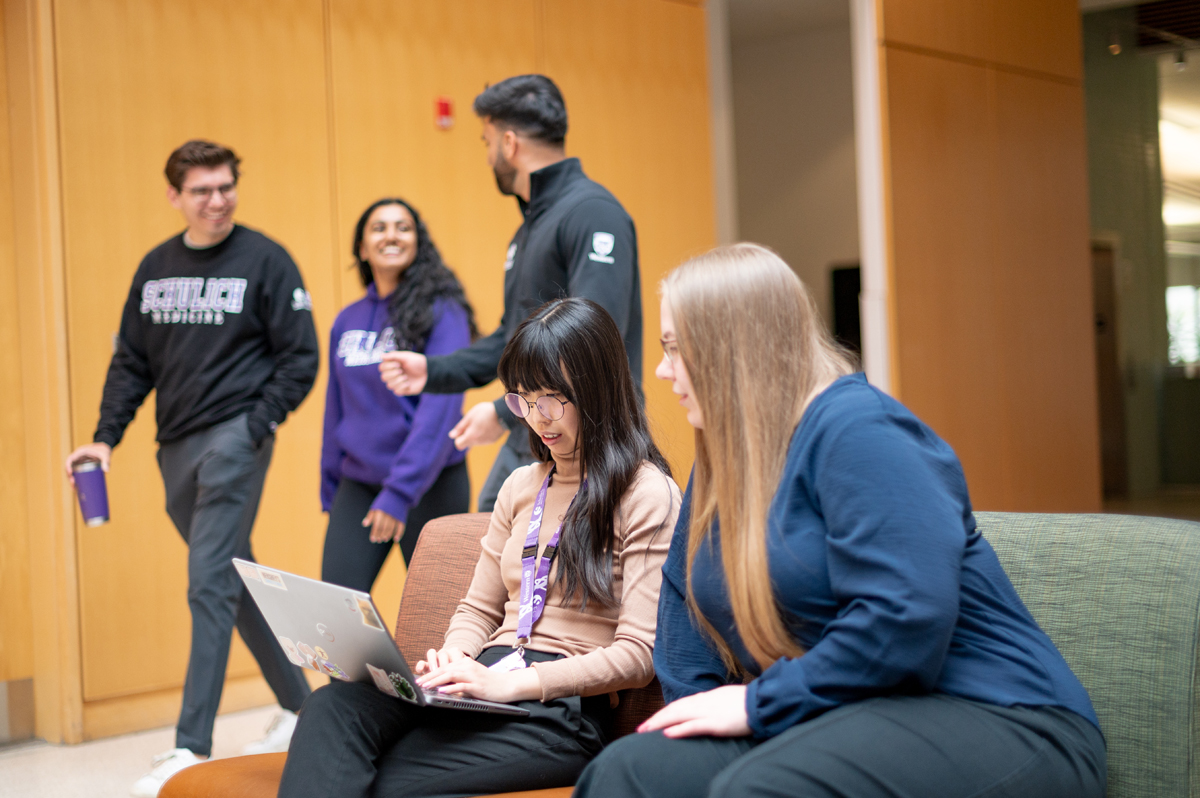
Interdisciplinary learning
Experience a truly integrative learning experience that lets you evaluate and understand important research across multiple fields of study.
How to apply
Admission to the undergraduate program in Neuroscience happens in Year 2.
When applying from high school, you should apply and be accepted into Medical Sciences (ESM) or Science (ES) through Ontario Universities' Application Centre (OUAC). When applying, you'll be asked to choose a subject area, Neuroscience. Doing so only indicates an area of interest and doesn't guarantee admission to the undergraduate program in Neuroscience in Year 2.
At the end of Year 1 you will apply to enter the Honours Specialization in Neuroscience in Year 2.
If you’re admitted to another faculty in first year, Social Science for instance, you may still apply to the Honours Specialization in Neuroscience for Year 2 provided your first year admission requirements are satisfied.
BMSc: Learners interested in graduating with a Bachelor of Medical Sciences (BMSc) degree usually apply for admission to Medical Sciences (ESM on the Ontario Universities' Application Centre) for Years 1 and 2 and then apply for admission to the BMSc Program for Year 3.
The Honours Specialization in Neuroscience is a highly competitive, limited-enrollment program that accepts only 30 students into Year 2 each year. Admission priority is given to students completing their first year at Western, meaning transfer opportunities are very limited.
Can transfer students apply?
- Year 2 admission:
- Connect with a Coordinator in the BMSUE Office if you are interested in transferring into Year 2 of the Neuroscience Program.
- 35 students are admitted to Neuroscience during the adjudication period in May each year and preference is given to students completing the admission requirements at Western. If all 35 spots are filled by Western students, no additional spaces will be available for transfer students (including second-degree students).
- Year 3 admission:
- Connect with a Coordinator in the BMSUE Office to if you are interested in transferring into Year 3 of the Neuroscience Program.
- Entry into Year 3 is not guaranteed and depends on available space.
- Openings occur only if:
- Some of the 30 students do not meet progression requirements or choose to leave the program.
- You have completed the required courses with competitive grades.
Next steps
If you’re considering transferring, we strongly recommend early planning and advising support to explore your options. Contact academic advising for guidance.
Apply online through OUAC
Application Fee: $156
Plan your finances
Tuition and fees
- Estimated Year 1 Canadian tuition and fees: $8,000 to $15,500 CAD
- Estimated Year 1 international tuition and fees: $45,000 to $61,000 CAD
Living expenses
Approximate living costs for one academic year (September-April) at Western: $14,500 to $32,000 CAD.
If you’re coming from another province or country, be sure to factor in the cost of trips home. International students should also account for expenses related to visas and study permits.
Support available
Career resources & opportunities
There are a variety of resources available to help you dive into research, internships and exchanges. Each option lets you expand your knowledge and experience, while preparing you for your career after graduation.
Co-Op & exchanges
Summer research opportunities
Career Services

After graduation
With your Honours Specialization in Neuroscience you will be prepared for exciting careers in:
• The pharmaceutical industry
• Biotechnology
• Psychology
• Health care
• Education
You will have the foundation to continue your education with an MSc or PhD, or apply to professional programs including medicine, education, law, public policy, clinical psychology, dentistry, and other health-related programs
In their words
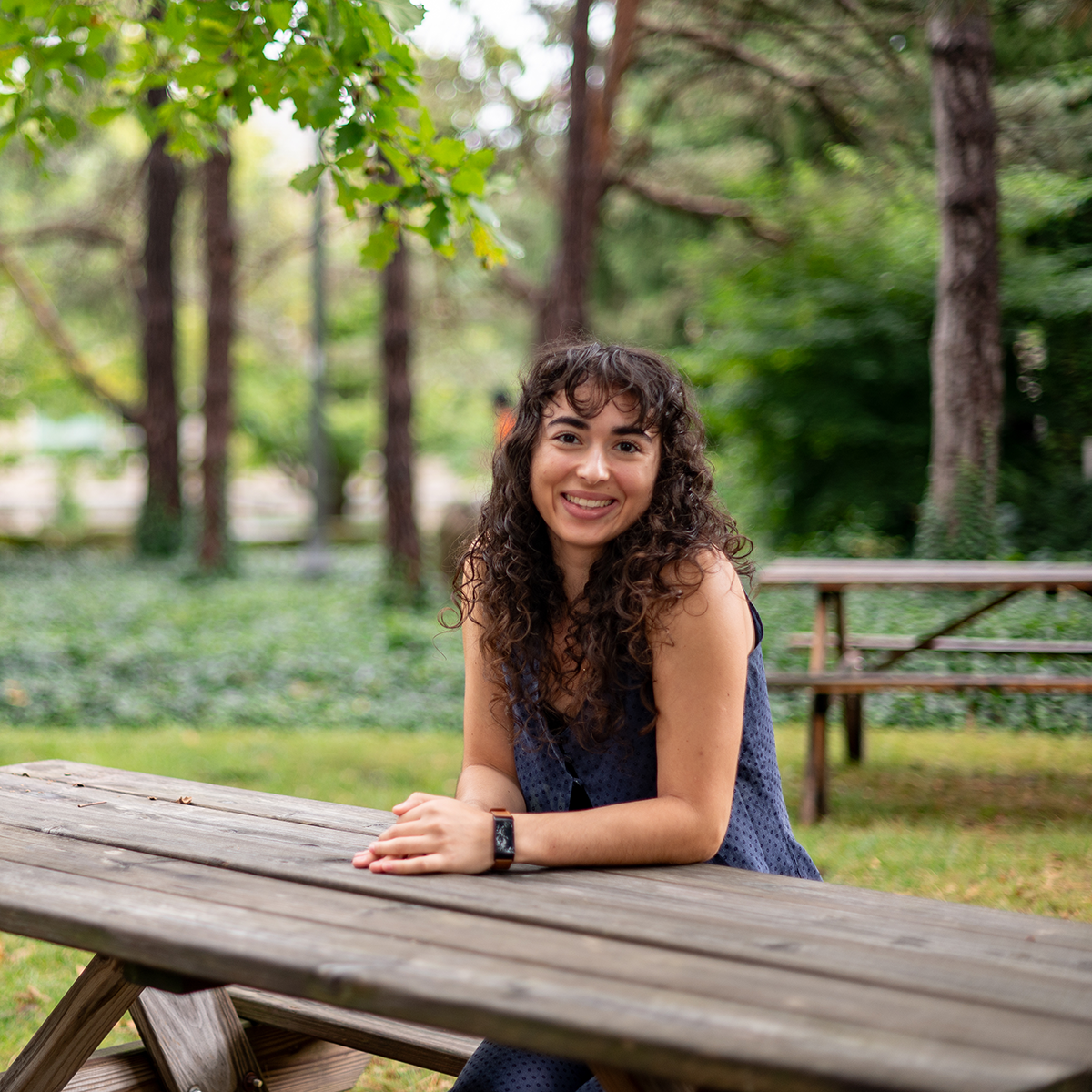
Diana M. Urian, BSc in Neuroscience, 2024
Finding Clarity in Connection: The Impact of a Small Neuroscience Community
Frequently asked questions
- The pharmaceutical industry
- Biotechnology
- Psychology
- Health care
- Education
Your life at Western
Campus life
Connect, explore, and thrive on our close-knit campus.
Campus tours
Campus tours are available for anyone interested in attending Western.
About London, Ontario
Discover all that Western and London have to offer.